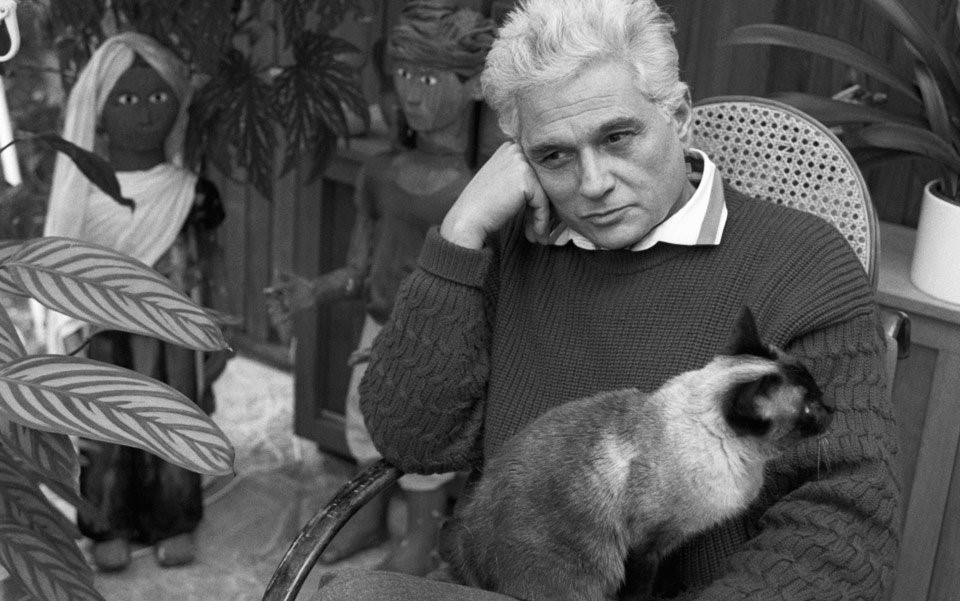Thank you Nderhe Paulin for such an incendiary question!
The way you have asked the question assumes, first, that humans have chosen to reduce themselves to the state of an animal and, second, that they should not have done so. I assume this is not a positive choice, since your use of the word “reduce” suggests that human beings are capable of becoming something more than an animal, whatever that might mean.
The philosopher Jacques Derrida questioned the very usage of the word “animal”. He argued that this concept is too broad, and that it prevents us from being able to think in a more subtle and sensitive way; both with regard to non-human living beings and with regard to ourselves. Animal is a concept which is opposed to the human; it refers to a being devoid of understanding, language, reflection, rationality, and so on. Using this broad concept erases the vast differences among living beings (between a tortoise and a seagull, say) and it supports the mistaken assumption that human beings are somehow more valuable and superior than any other living being (hence the negativity associated with being “reduced” to an animal).
The term “animal” does not seem to correspond to any specific being, but to something that humans would prefer not to become, something base, wild, uncultured, and so on. It is a concept that leaves us blind to the specific differences among living beings, while supporting our self-image as rational beings who have been given the right to use nature and natural beings however we want. From a different perspective, human beings could be described as the basest among living beings, not because we are similar to what one might call an “animal”, but because we engage in practices which no “animal” would want: the destruction and exploitation of nature and natural beings at unfathomable and hitherto underheard of proportions – hunting simply for pleasure, unparallelled cruelty, disturbing the very balance of ecosystems, climates both at the macro and the micro levels, causing the extinction of numerous species, and so on. On this view, becoming an animal would be a major step forward for us.
Perhaps it would be better to say that human beings choose not to live up to their potential, without referring to other beings as “lower forms of life”. This does not amount to saying that human beings are just like other living things, but instead enhances the differences between different kinds of living beings. The aim here is to undermine the supposed superiority of human beings over other living beings, without erasing the differences among them.
What do you think? Are we all just animals? Let us know in the comments.
And, as always, if you have a question for the Armchair Philosophers, don’t hesitate to get in touch. You could send us a message or fill in this form.
Be sure to check out our podcast!
If you like what we do, you can support us by buying us a coffee!
Image: Jacques Derrida and his cat, Logos (credit)
I completed my MA and PhD at the Philosophy Department of Boğaziçi University. My main areas of research are history of philosophy, social and political philosophy, and moral philosophy. My dissertation was on Kant's account of conscience, so I had to work through most of Kant's texts. He is my favorite philosopher because he revolutionized the philosophical scene in Europe and still continues to be influential to this day. He was one of the first philosophers to work out a comprehensive system which integrates several areas of philosophy, and he has given me a remarkable sense of what philosophy can be.

